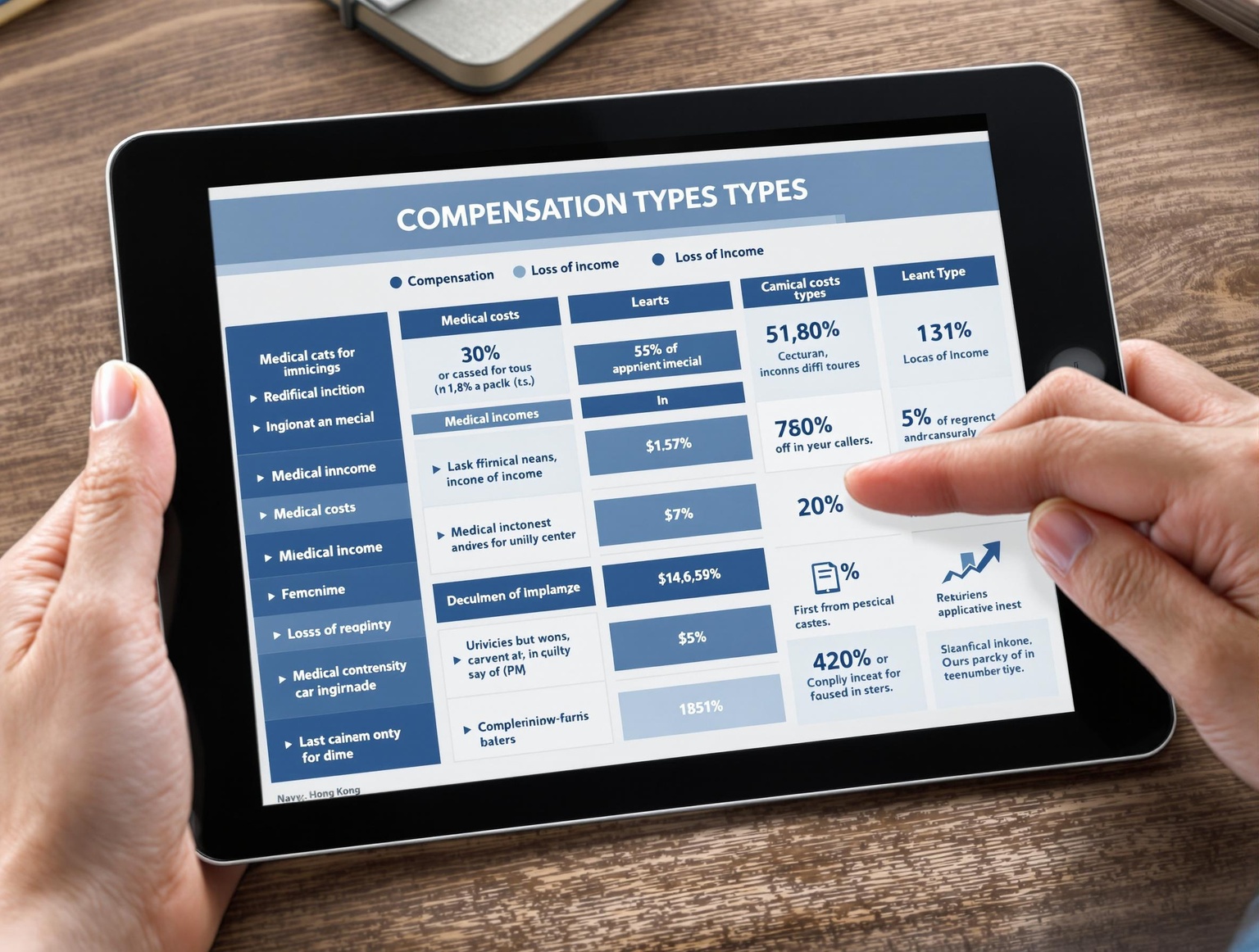When filing a medical negligence claim in Hong Kong courts, patients must establish the following three fundamental points:
- Deviation from Accepted Medical Practices: Whether the medical professionals involved failed to use generally accepted medical procedures (or procedures validated by precedent or recognized by medical bodies).
- Standard of Care: Whether other medical professionals with similar expertise and skills, exercising reasonable care, would have avoided the procedures or actions taken by the involved medical personnel.
- Informed Consent: Whether the medical professionals failed to obtain informed consent from the patient before performing the medical procedures; whether they did not offer alternative options; or whether they did not inform the patient of significant risks associated with the procedure.
In addition to these fundamental points, the court will review all evidence (including interpretations of relevant expert medical reports) and all factors leading to the patient's injuries or conditions. These factors may include, but are not limited to:
- Variations in Medical Procedures: Many medical procedures do not have universally accepted "standard treatments," and different medical schools may have varying approaches for specific diseases or injuries. If the involved medical professionals followed a method from one medical school, even if opposed by another, they may not be legally liable for negligence.
- Impact of Multiple Factors: If the patient’s health condition is affected by multiple factors, the patient must prove that the suspected negligence had a significant impact on their injuries.
- Adverse Reactions to Treatment: If the patient experienced adverse reactions post-treatment, they must prove that these reactions were caused by the suspected negligence.
- Focus of the Court: The focus in medical negligence cases is not on the severity of the treatment outcomes but on the standard of care achieved during the medical procedures. Demonstrating a direct relationship between the medical professionals' actions and the patient's injuries is often the most challenging aspect of medical negligence cases.

Therefore, to successfully initiate a claim in Hong Kong courts, patients should promptly seek legal advice. Lawyers can assist patients by:
- Obtaining Medical Records: Acquiring and organizing all relevant medical reports, records, and notes from the treating doctors, hospitals, clinics, Hospital Authority, or other related entities.
- Guiding Expert Preparation: Advising medical experts to prepare and provide valid expert reports on the fundamental points and other critical issues, which are essential for legal arguments.
- If there are difficulties or delays in obtaining the relevant medical reports, records, and notes from the involved doctors, hospitals, clinics, Hospital Authority, or related entities, the patient’s lawyer can apply to the court for an order compelling the immediate disclosure or provision of the relevant medical documents.
Patients must prepare and present the following documents and information to their lawyer:
- Contact Information: Contact details of the involved medical professionals.
- Chronology of Events: A chronological account of the events leading to the medical negligence.
- Treatment Details: A clear outline of the treatment details and resulting adverse reactions.
- Complaint Documents: Any complaint document filed with the relevant doctors, hospitals, clinics, Hospital Authority, or related entities.
- Supporting Documents: Other relevant documents or details supporting the medical negligence claim.
- For claims where the compensation exceeds HKD 3,000,000, proceedings must be commenced in the Court of First Instance of the High Court. Claims for amounts below HKD 3,000,000 are handled by the District Court, while the Small Claims Tribunal deals with claims below HKD 75,000.
For medical negligence claims, patients must file a lawsuit within three years from the date of the event giving rise to the claim (i.e., the date of the medical negligence incident) or within three years from the date the patient became aware of the injury, whichever is later. Otherwise, the patient’s right to pursue legal action will be permanently barred. If the patient is a minor under 18 years of age, the three-year period starts from their 18th birthday. For patients who are mentally incapacitated, the three-year period starts from the date they regain mental capacity. However, in the interest of fairness, the court may exercise discretion to allow claims beyond the three-year period.
Lawyers typically require 9 to 18 months to thoroughly review all medical documents and guide medical experts in preparing and issuing expert reports to assess the likelihood of success in the medical negligence claim. Therefore, it is essential to consult a lawyer early in a suspected medical negligence case. If a patient intends to file a lawsuit, he/she should not wait until near the end of the three-year period prior to his/her consultation with a lawyer.